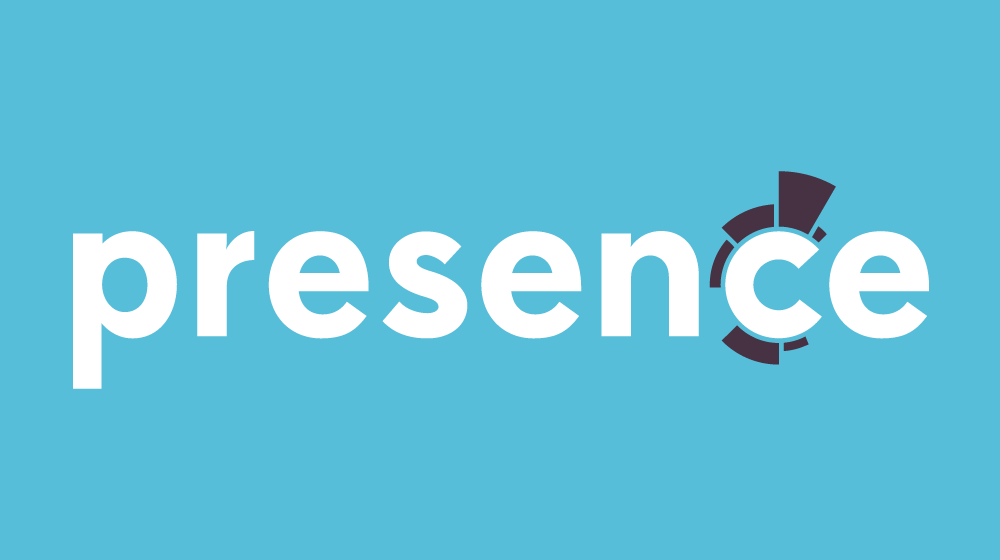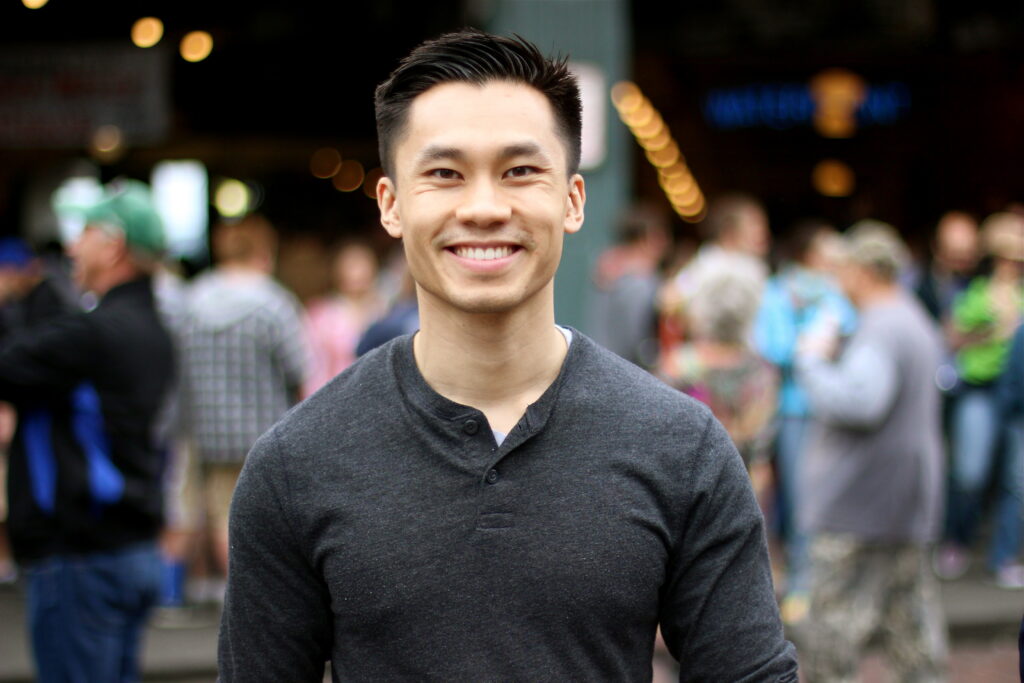
Are you wondering how to show up for student activists, maintain self-care, and navigate politics while being a representative for institutions? Meg Sunda, Digital Education Director at Presence, hosted an in-depth discussion during the Happy Hour Webinar Series, with several panelists who shed introspection and insight and offered suggestions.
Panelists included:
– Ashley Gaddy, Director of Business Development at Cook Ross
– Marcelius Braxton, Assistant Dean of Students at Capital University Law School
– Jael kerandi, Student Body President at University of Minnesota
How can student affairs professionals support student activists? What are some ways to help students navigate all that being an activist entails? How can you make sure students’ voices are being heard while at the same time appeasing administration?
Regarding supporting student activists, some suggestions and insights the panelists reflected on were the increased needs to listen to, encourage, validate, affirm, and help students to build skills to be effective activists. It is also important to make sure students’ feelings are validated, letting them know that they can emote and express themselves knowing staff and faculty are there to support them.
To help students navigate these times, it is important to have discussions with them, addressing their concerns and questions, and with staff support, start exploring where change needs to happen and how. Also noted was that the hierarchy of the university needs re-examining so that there is more of a focus on the value of students and student affairs. Recognizing that institutions need to change and they need to be transparent with students, the gap needs to lessen between administration and students so that they can collaborate together in working towards change.
One panelist mentioned the need to determine which students are fully committed and have thought through the expectations, requirements, and effort needed to be activists, as there are some that will show up on a day of protest with signs, and there are others who are going through the entire process of planning, strategizing, and moving through the logistics.
The more students are familiar with policies and procedures, the more independent they can be in moving forward to address desired changes when speaking to administration or specific and appropriate offices. In doing this they can work independently of and not rely on their advisors. They will be doing the leg work themselves.
Emphasis was given to making sure students’ voices are being heard while at the same time appeasing the administration. How? It is important to remind students they are there to learn, they are paying for tuition and therefore bringing in money. Their voices have power, especially if they are not feeling like they are getting a return on their investments, if they feel their needs are not being met.
There is great need for a balance between staff encouraging students to lead their efforts, and the demands and extra workload that this entails, so that students do not feel like roadblocks are being thrown up. One panelist emphasized the need to recognize the power of community, unity, working together, while another panelist mentioned the need to empower students and how roadblocks can be a means of preparation as it is the job of staff to prepare them so that they are ready.
Another important question was brought up by an audience member:
As black folks, how do we work to empower students to go against institutional structures and cultures without fearing our job or future promotions?
One panelist mentioned that this isn’t an institutional issue, right now it is about humanity and peoples’ rights. The right to live is not debatable. If an institution is debating how it handles humanity, this panelist recommended looking at working for a different institution. Another panelist suggested referring to the non-discrimination policies of that institution and reminding students that they have the power to hold their institutions accountable if they are not upholding their own policies. The third panelist suggested more money be put into diversity, equity, and inclusion and hold institutions accountable regarding what the protocols are for determining and handling emergencies.
There was also advice and insight on how to support the mental health of both staff and students. One panelist mentioned the importance of planning for and scheduling into the calendar, time away from work. When checking in with students ask leading questions that get them to reflect and elaborate on where they are at. Ask students how you can help and support them, recognizing that a lot of students are experiencing some sort of trauma; counseling and therapy are other good options to suggest to students.
Other insights were the emphasis that self-care requires community, asking peers to check in on you to hold you accountable in taking time for self-care. And you can support students this same way. Having good boundaries, making it clear when your work day is over so that you are not overextending yourself, is also vital.
To keep the momentum of the current activist movements, some suggestions for SA Professionals are to keep asking questions, hold people accountable for doing what they say they will do. It is not only important for people of color, but white people need to help and be held accountable for change and momentum. Also, it is important to take what research you have available to you and challenge the deans, administrators, and faculty and hold them accountable as well; everyone needs to be involved and do the work, no one can remain silent. Ashley closed the discussion with a powerful statement, “Silence speaks. Silence is a statement, but when you break the silence, you then make yourself eligible for the accountability that comes along with it.”
To learn more about Presence and their Happy Hour Webinar Series by clicking here:


